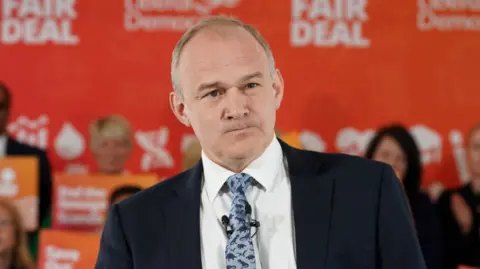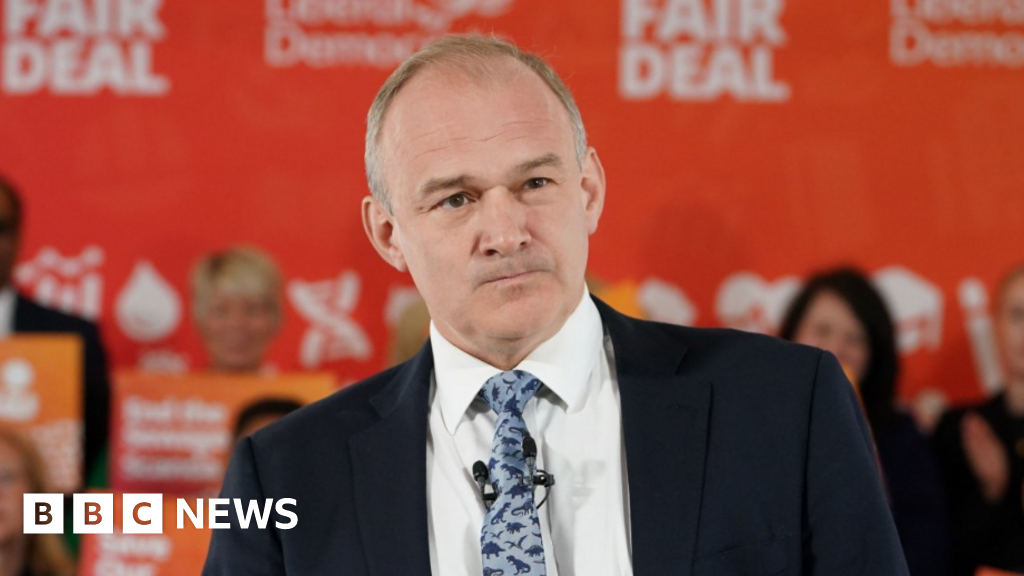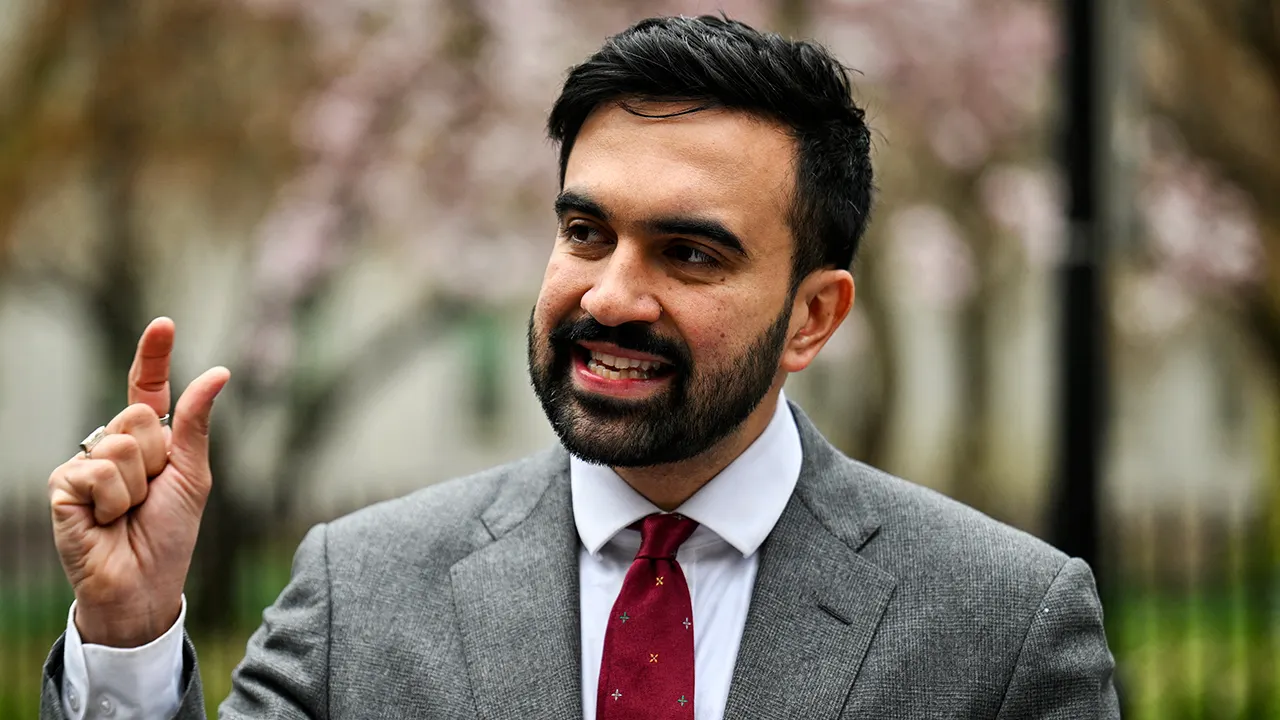 PA Media
PA MediaThe Liberal Democrats have backed a plan to household energy bills by changing how new renewable projects are paid for.
The plan, dubbed “pot zero” by researchers, would see greater use of contracts where ministers negotiate a guaranteed price with renewables firms.
Leader Sir Ed Davey said the proposals could help break the link between electricity and wholesale gas prices, halving bills by 2035 in combination with other policies.
Energy Secretary Ed Miliband has already started a switchover process, but the Lib Dems want to see this accelerated to include all renewable energy generators.
Sir Ed pioneered Contracts for Difference (CfD) when he was energy secretary in the Conservative-Lib Dem coalition government that came into power in 2010.
CfDs work by guaranteeing a set price for electricity – known as a strike price – that generators receive per unit of power output, in the hope of encouraging private companies to invest in new projects.
If electricity prices are above the price set, the companies pay the excess back to energy suppliers, which should help to cut bills. If prices fall below the guaranteed price the energy suppliers – and customers – pay the company the difference.
Around 15% of the UK’s renewable energy generators are currently on CfD contracts since their introduction in 2012.
The remaining 85% are on Renewables Obligation Certificates (ROCs), which tie electricity to gas prices, and then add a subsidy on top.
The Lib Dems are backing a plan from researchers at the UK Energy Research Centre (UKERC) under which existing renewable schemes could enter “pot zero” auctions for fixed price contracts.
‘Manifestly unfair’
Speaking at an Institute for Public Policy Research (IPPR) event, the Lib Dem leader said the system needs reform because “97% of the time in 2021, the cost of electricity was set by the price of gas”.
He said: “It means we’re all paying that higher gas price in our bills, even though most of the energy we’re using comes from much cheaper, renewable sources.
“Not only is that manifestly unfair, but it is also undermining public support for the investment we need in renewable power.
“So we have got to break the link between gas prices and electricity costs.”
The party argues that by 2035, this and other policies could knock around £850 off the typical household energy bill of £1,720, made up of:
- £200 a year from the UKERC “pot zero” plan, assuming it saves around £15bn
- £30 a year from extending the life of CfDs to 25 years, from the government’s current plan for 20 years, according to climate change think tank E3G
- a £250 reduction in bills for the average household with a gas boiler by 2035 due to more electricity being generated from renewables, according to the Climate Change Committee’s Seventh Carbon Budget
- £180 a year by improving energy efficiency
- consumer savings of about £200 a year from more flexible energy use and making use of lower off-peak tariffs, according to Cornwall Insights
- UK-EU cooperation would allow more efficient electricity trading and reduce wholesale prices, according to Energy UK, saving an average £10 annually
Responding, Miliband said securing better outcomes for consumers was already at the heart of Labour’s approach, and switching to CfDs was already underway.
The government has agreed to expand the number of clean energy projects that can bid for contracts at competitive prices, from next month.
Miliband said: “We need to go further and faster to make Britain a clean energy superpower, end our reliance on volatile global gas prices, and make working people better off with homegrown power we control.
“These reforms will give developers the certainty they need to build in Britain, helping deliver more clean power projects and supporting thousands of jobs – all part of the mission to bring bills down for good through our Plan for Change.”
He added the move would help his department put the UK on track to generate at least 95% of its power from clean sources by 2030.








